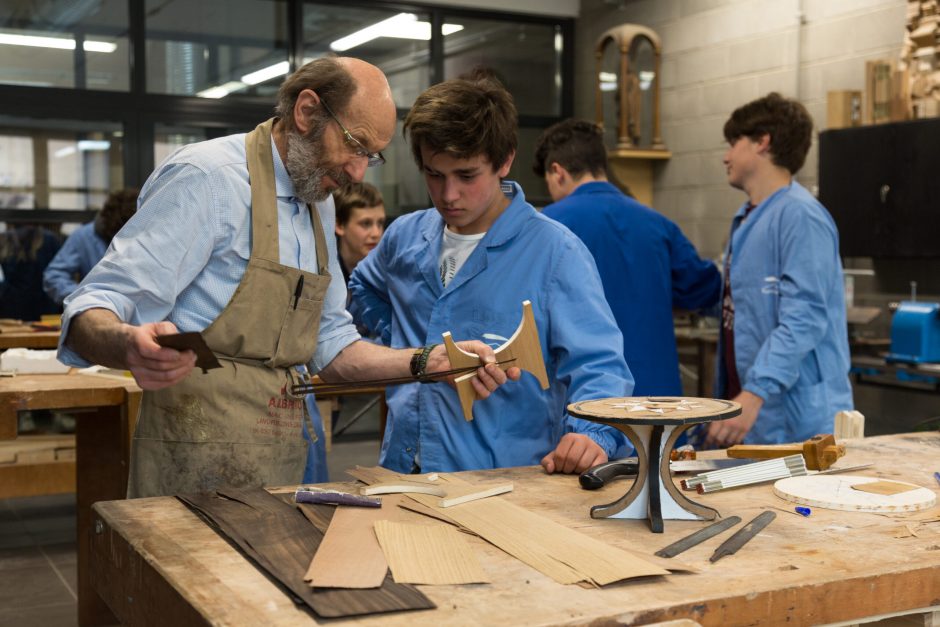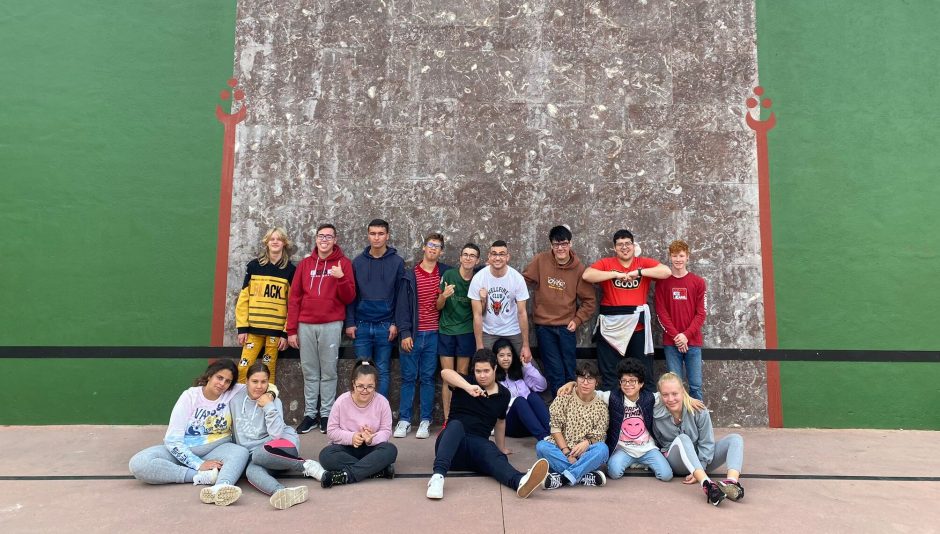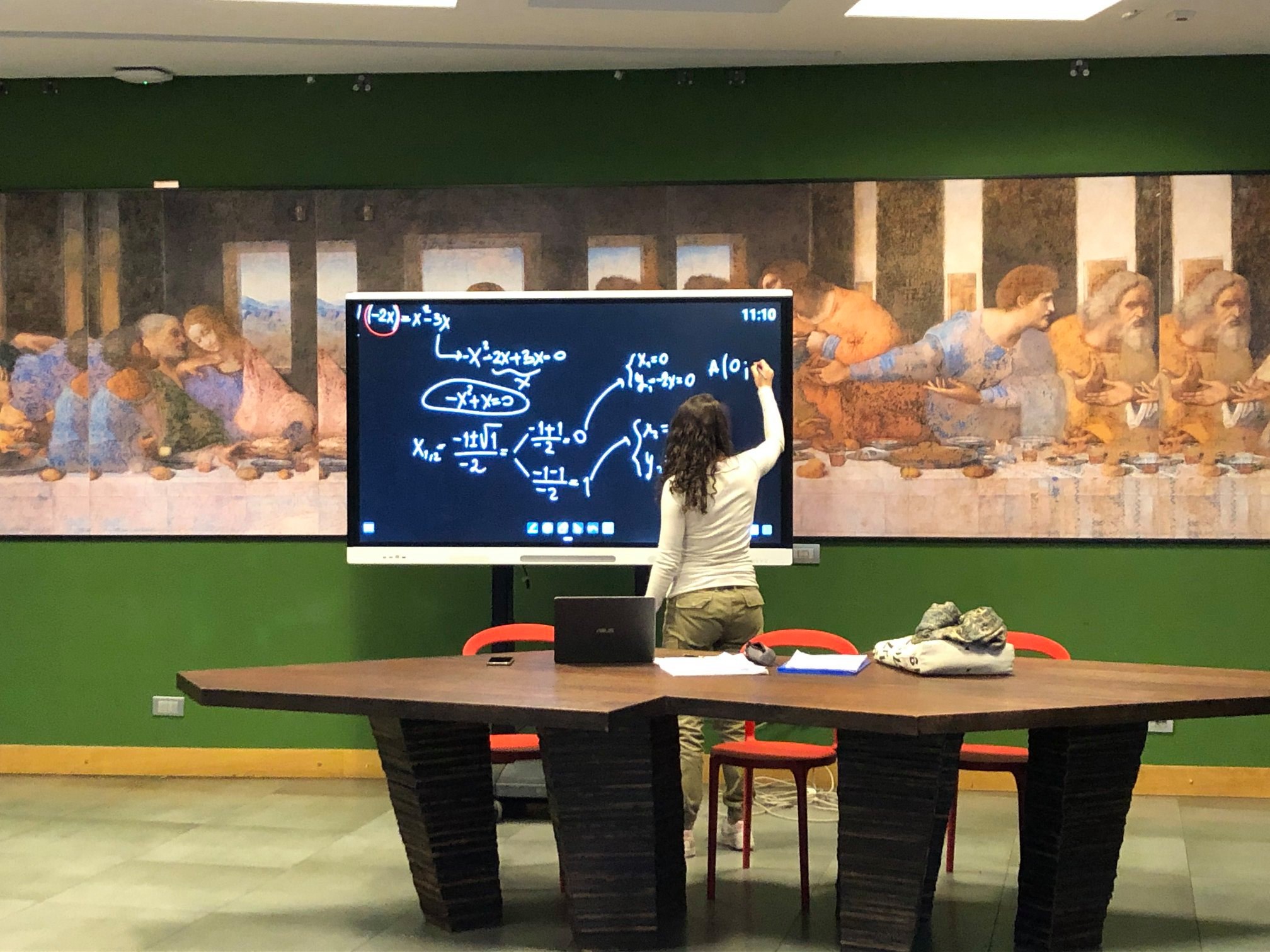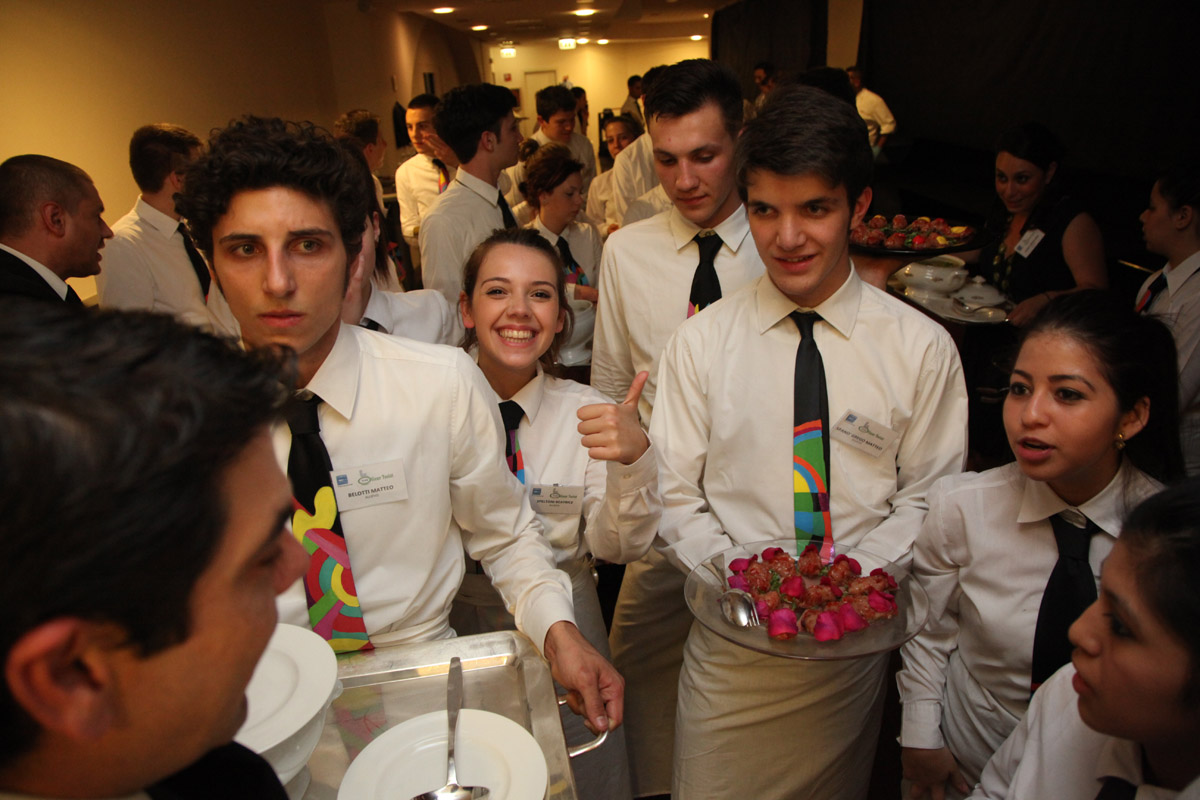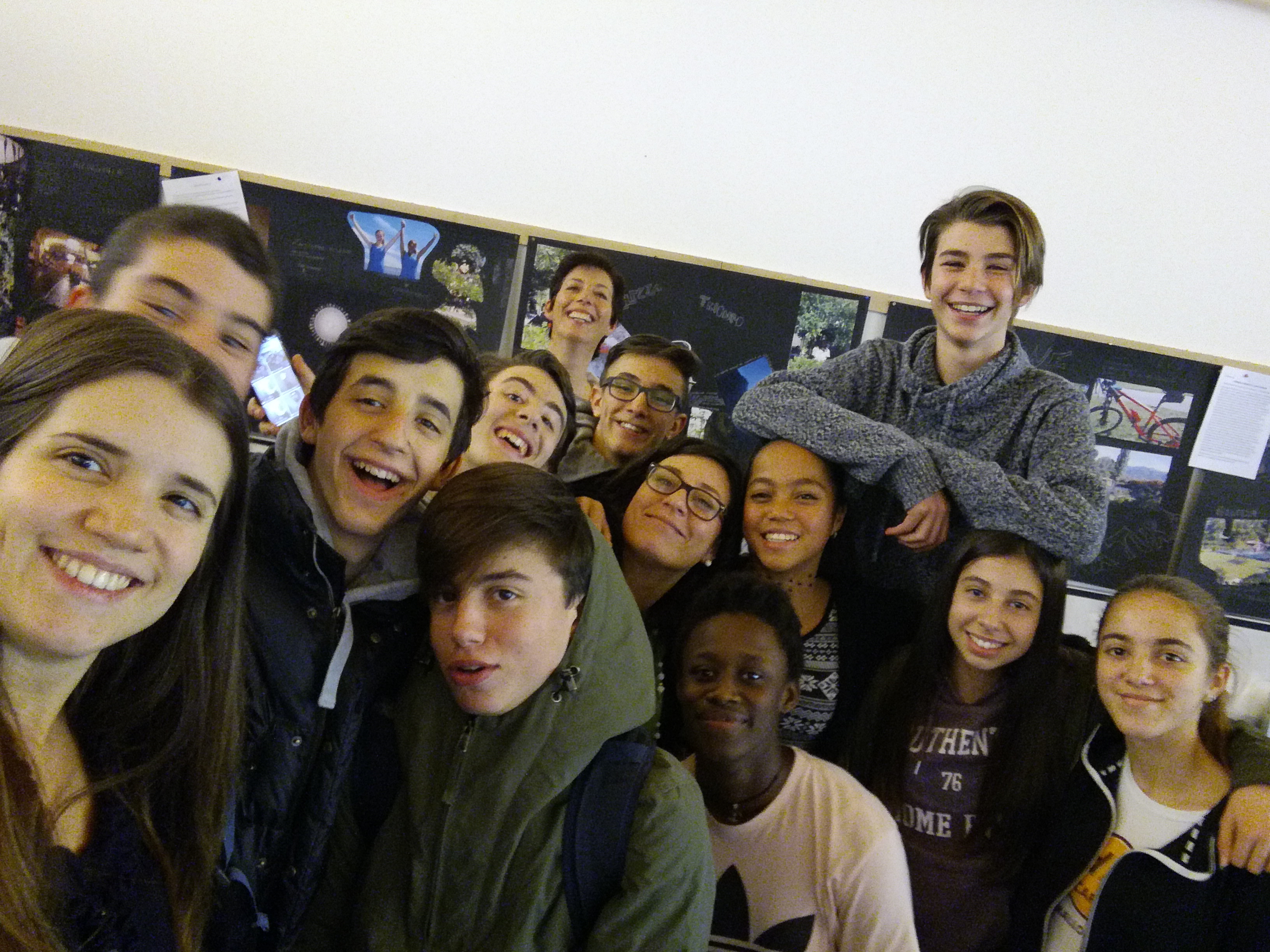
L’approccio laboratoriale rappresenta un paradigma educativo innovativo che enfatizza l’importanza dell’autonomia e della responsabilità dei bambini nel proprio processo di apprendimento. Questo metodo si discosta dai tradizionali modelli didattici, ponendo gli studenti al centro di un processo dinamico e interattivo che favorisce lo sviluppo di competenze trasversali e abilità critiche.
Di seguito i 5 elementi che la caratterizzano:
La Scelta: l’approccio laboratoriale attiva i bambini a individuare e scegliere i loro compiti, anziché assegnarli. Questo stimola la responsabilità e l’autonomia, promuovendo un pensiero progettuale che coinvolge il bambino nel proprio processo di apprendimento.
La Progettazione: scegliere e avviare un pensiero in azione significa promuovere la cultura della progettazione, generando idee e alimentando la consapevolezza delle proprie capacità. Gli educatori condividono gli obiettivi educativi con i ragazzi, stimolando una mente laboratoriale che lavora su prospettive immediate e a lungo termine.
Domanda Generativa e Teorie Ingenue: gli educatori pongono domande generative che stimolano la riflessione e l’autoapprendimento. Le domande attivano la mente laboratoriale, portando i ragazzi a connettere le loro conoscenze esperienziali con i saperi disciplinari.
Autovalutazione e Autoregolazione: i bambini valutano periodicamente il proprio metodo di lavoro e quello dei compagni attraverso indicatori concordati, favorendo una presa di coscienza personale e una regolazione di sé basata su feedback critici e costruttivi.
Ripetizione, Variazione e Trasferibilità: apprendere attraverso ripetizioni e variazioni permette ai bambini di padroneggiare le abilità e trasferirle in altri contesti. Tale elemento favorisce la connessione tra saperi diversi e l’automatizzazione delle procedure, rendendo il bambino più sicuro e propositivo.
La scelta:
La scelta dei laboratori da parte dei bambini viene effettuata ad inizio anno, esprimendo le loro preferenze rispetto a diverse proposte rovesciando il cliché dell’adulto che decide per loro. Tale ribaltamento attiva la motivazione e il coinvolgimento dei bambini, permettendo loro di esplorare e sviluppare le proprie capacità. Un laboratorio molto richiesto dai bambini è quello dell’orto. Durante il laboratorio, gli educatori pongono domande generative come “Secondo voi, a cosa serve un orto?”, stimolando i bambini a riflettere e a collegare le loro esperienze personali con le nuove conoscenze. Molto spesso, dalle loro risposte si indaga su come le sue esperienze passate influenzano la loro comprensione e il loro apprendimento.
Il Manto rappresenta un esempio virtuoso di come l’educazione laboratoriale possa integrare l’inclusione, la sostenibilità e l’educazione green. Attraverso un approccio basato sulla competenza, l’autoregolazione e l’integrazione dei saperi, i bambini sviluppano una mente laboratoriale capace di affrontare compiti complessi e di adattarsi a contesti diversi. Questo metodo non solo valorizza le capacità individuali, ma promuove anche una cultura della sostenibilità e del rispetto per l’ambiente, preparando i giovani a diventare cittadini responsabili e consapevoli.
